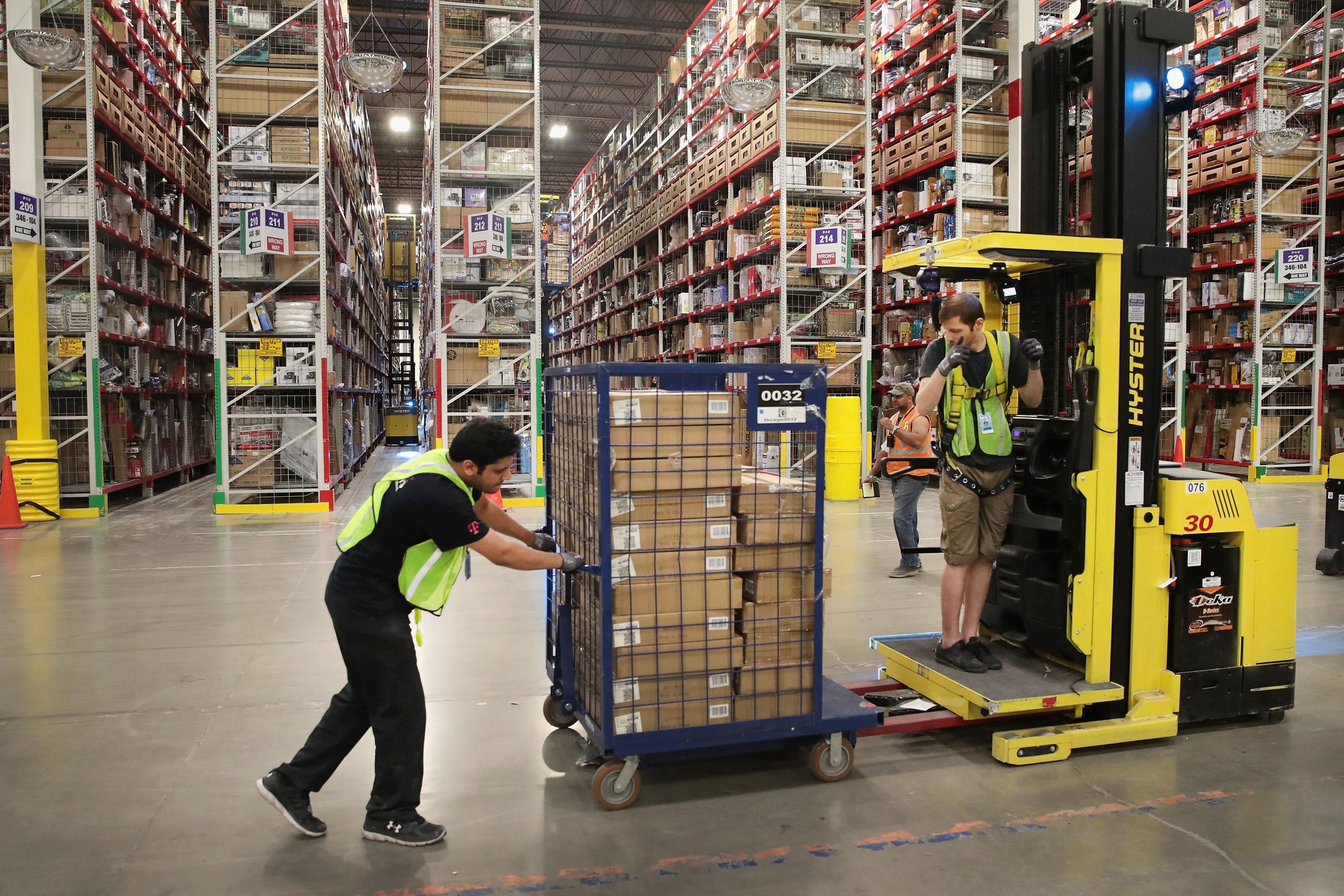
Of course while Ms. Claus gets exploited so do the elves,after all they represent a classic icon for child labour don't they. Santa's Sweatshop.
Producing all those sweatshop toys for girls and boys, in the developed world. But you can now shop sweatfree.
Thai toy shop fire kills six. 15/01/2005. ABC News Online
At the American Apparel store on New York's Fifth Avenue this week, there was a Christmas shopping buzz as customers rifled through brightly coloured racks of t-shirts, underpants and bras. Helpful little cards advised on suitable presents: a pair of baby rib briefs, for example, for your "favourite boy".
The boss of the underwear chain is getting a rather more substantial Christmas gift. Dov Charney, who founded American Apparel in 1997, will receive $200m in shares under a $383m takeover announced yesterday by a financial buyer, Endeavour Acquisition Corporation.
Although eye-watering, Charney's windfall is hardly unusual in present business climate of daily multi-billion pound private equity buyouts. But this is no ordinary takeover.
Ever since its inception, American Apparel has trumpeted its small-scale values. All the manufacturing is done in a factory in downtown Los Angeles where production line staff typically earn between $12 and $18 an hour - not a fortune, but well above the industry average and a good deal more than the people who stitch Gap underpants together in Indonesia.
American Apparel trumpets its vertically integrated, sweatshop-free business model at every opportunity. Charney, who sports a handlebar moustache and once appeared bare-bottomed in an advertisement, has a strong sense of counter-intuitive cool and likes to upset Californian politicians by campaigning for free immigration.
Yesterday's deal, however, is intended to transform American Apparel into a global player. The new owner, Endeavour, intends to open 800 stores, half of which will be outside America, to add to the existing chain of 145.
American Apparel appears to be joining a long list of once ideological "ethical" names which have succumbed to the multinational shilling. Body Shop's founder Anita Roddick found a takeover by L'Oreal impossible to resist - just as Pret a Manger opted for a partial sale to McDonalds, the organic chocolate maker Green & Black's was gobbled by Cadbury Schweppes, and ice-cream king Ben & Jerry's was bought by Unilever
The War of the Christmas Trees
The National Christmas Tree Association's Web site claims that real tree sales outnumber sales for artificial trees 32.8 million to 9.3 million. But artificial trees are used year after year, and studies commissioned by the artificial tree industry show that 57 percent of all Americans actually own fake trees.
Further, the NCTA claims that plastic trees are made in Chinese sweatshops, harbor cancer-causing and poisonous chemicals, and can go up in flames at the strike of a match.
Real trees, it says, are renewable, recyclable and biodegradable. Nurseries proudly tell customers that one evergreen tree produces enough daily oxygen for 18 people.
Sweat-free carols at Melbourne fashion retailer
by pc Tuesday December 19, 2006 at 07:06 PM
As in previous years, the FairWear anti-sweatshop campaign took its Christmas sweat-free carols to town, visiting this year fashion retailer Rich, one of far too many who have so far refused to sign up to the Homeworkers Code of Practice ...
click to enlarge
The performance was then repeated on the steps outside, much to the fascination of the crowds waiting to view the Myer windows...
After the performance, members of the 'choir' handed out useful wallet-sized cards listing companies certified to use the NoSweatshop label on their Australian Made clothing. Visit the website for details:
http://www.fairwear.org.au
Anti-Sweatshop Christmas Carols
Away in a Sweatshop
to the tune of Away in a Manger
Away in a sweatshop where no one can see
The immigrant seamstresses work constantly.
Conditions are awful, the pay is absurd
The boss he will fire them if they say a word.
Away in a fact'ry, an ocean away
Young girls making shoes for a dollar a day.
But please don't complain about worker exploitation
Cause this factory's in a Most Favored Nation.
Away in the Congress, the Senators fat
Count up their PAC dollars, pass NAFTA and GATT.
They couldn't care less about workers in need
These corporate whores traded their conscience for greed!
Slaving in a Sweatshop Wonderland
to the tune of Walking in a Winter Wonderland
On your brow, sweat is glistening.
You're working tonight; it just isn't right,
Slaving in a sweatshop wonderland.
Gone away are the good jobs
Here today are the sweatshops
They want you to sew
Seven days in a row
Slaving in a sweatshop wonderland.
In Toronto, Woolworth has used sweatshops
And they've paid the lowest rates in town.
Ask about a union, they'll say no ma'am.
Homeworkers do the job for the poorest pay around.
Later on, they'll conspire
How to raise prices higher
The plans that they've made
Won't make us better paid
Slaving in a sweatshop wonderland.
Door bell rings, are you listening?
On your brow, sweat is glistening.
You're working tonight; it just isn't right,
And this little missive from the Right makes the point too..
Will the Feds Bust Santa Claus?
by George Getz
When Santa Claus comes to town this week, he'd better watch out -- because the federal government may be making a list of his crimes (and checking it twice), the Libertarian Party warned today.
"Hark the federal agents sing, Santa is guilty of nearly everything," said Libertarian Party press secretary George Getz. "The feds know when Santa's been bad or good -- and he's been bad, for goodness sakes."
Does Santa belong in the slammer? Instead of stuffing stockings, should he be making license plates?
Yes, said Getz, if he's held to the same standards as a typical American. For example:
* Every December 25, the illegal immigrant known as Santa Claus crosses the border into the United States without a passport. He carries concealed contraband, which he sneaks into the country in order to avoid inspection by the U.S. Customs Service. And just what's in all those brightly colored packages tied up with ribbons, anyway? The Drug Czar and Homeland Security want to know.
* Look at how this international fugitive gets around: Santa flies in a custom-built sleigh that hasn't been approved by the FAA. He never files a flight plan. He has no pilot's license. In the dark of night, he rides the skies with just a tiny bioluminescent red light to guide him -- a clear violation of traffic safety regulations.
* Pulling Santa's sleigh: Eight tiny reindeer, a federally protected species being put to hard labor. None of these reindeer have their required shots, and Santa's never bothered to get these genetically- engineered animals registered and licensed. It's no wonder: He keeps them penned outside his workplace in a clear violation of zoning laws.
* But Crooked Claus the Conniving Capitalist harms more than just animals -- he's hurting hard-working American laborers, too. Isn't Santa's Workshop really Santa's Sweatshop, where his non-union employees don't make minimum wage and get no holiday pay? Add the fact that OSHA has never inspected the place, and you have a Third-World elf-exploitation operation that only Kathy Lee Gifford could love.
* No wonder Santa is able to maintain his monopoly over the toy distribution industry: He's cornered the Christmas gift market. Santa dares to give away his products for free in a sinister attempt to crush all competition -- just like Microsoft's Internet Explorer. Antitrust Lawsuit Memo to the feds: Is Santa Claus the Bill Gates of Christmas?
The bottom line, said Getz: "It might be tough sledding for Jolly St. Nick this Christmas if the government decides to prosecute him.
"We're just surprised it hasn't already happened. After all, Santa Claus is everything that politicians aren't: He's popular, reliable, and gives us something for nothing every December 25th -- instead of taking our money every April 15th."
See
Sweatshop
Find blog posts, photos, events and more off-site about:
Santa, Claus, St.Nick, Santa'sSweatshop, Sweatshops, Christmas, Xmas,









